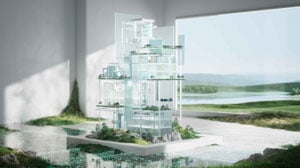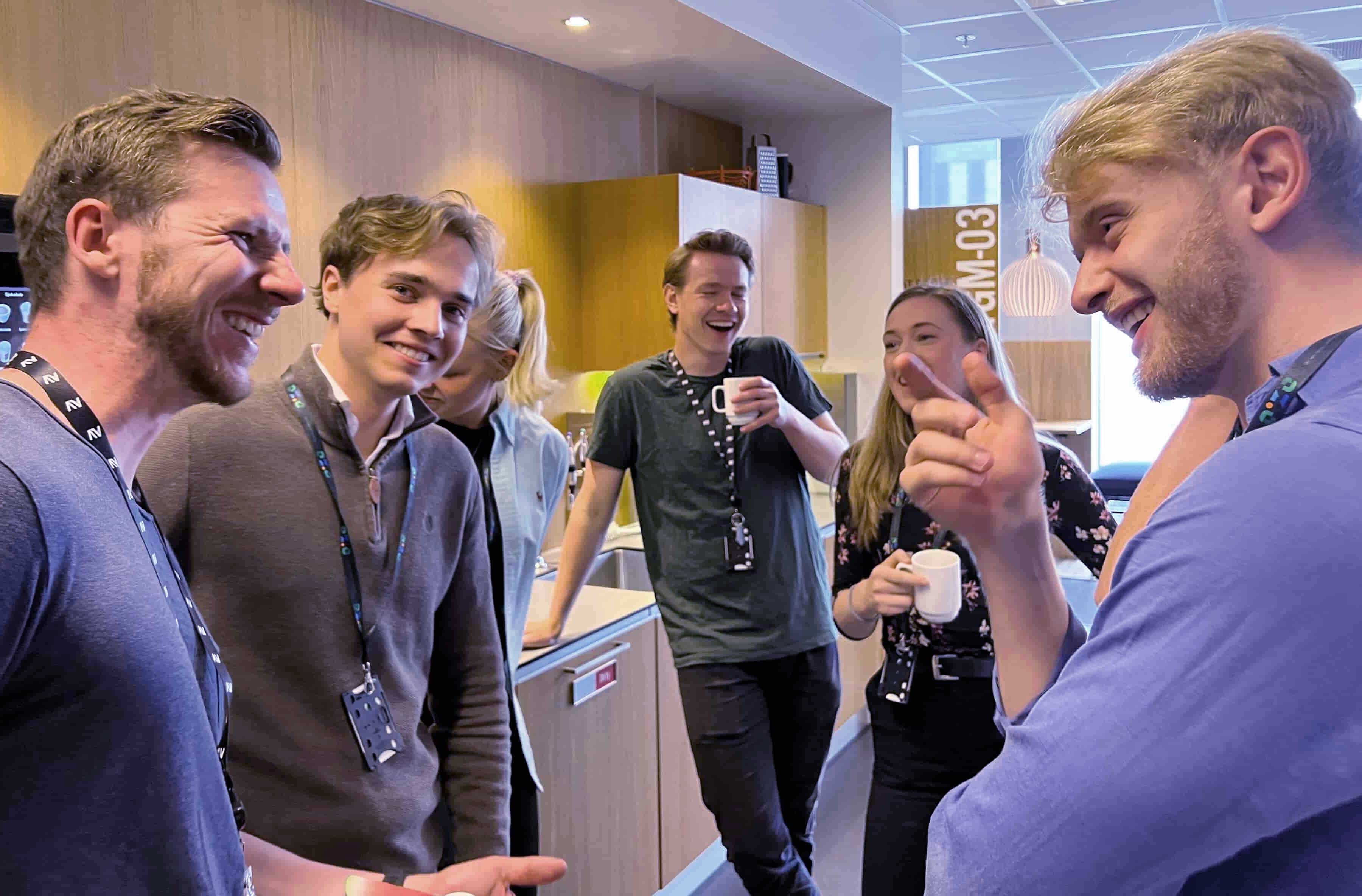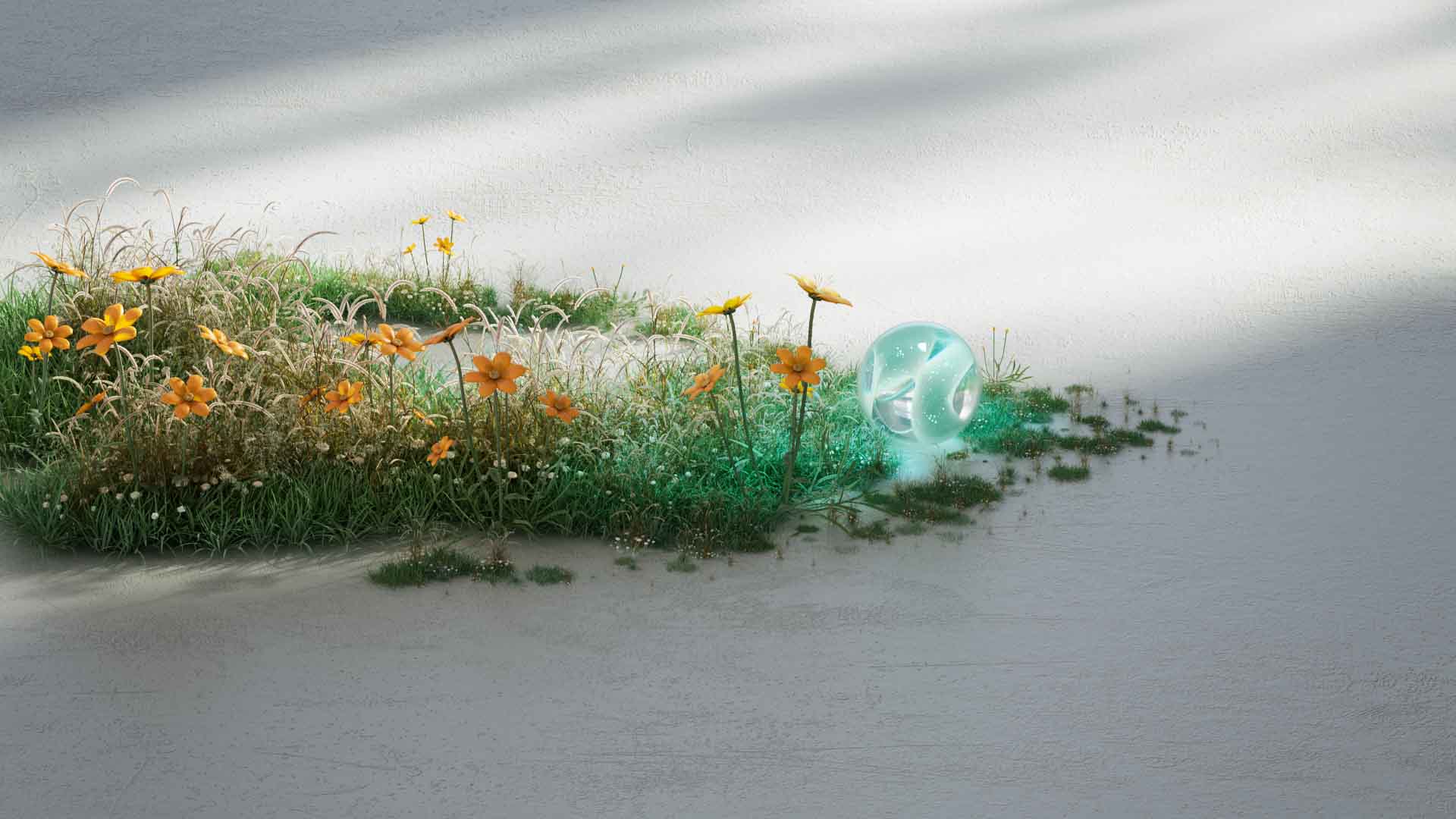After the success of the Aize Machine Learning Camp last year, this summer, Aize and Alv AS welcomed 15 new students to our office to work on real-life industrial challenges by using cutting-edge technology. All of this with one primary rule: remember to have fun!
The camp allows the students to advance their skills in the machine learning field in a natural work environment, and some former participants have even joined us full-time.
We chatted with some of this year’s smart people about their experiences! Have a read below.
Eirik Aalstad Bækkelund, 24
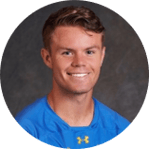
Education: BSc Applied Mathematics at University of California, Los Angeles. Incoming MSc in Data Science and Machine Learning at University College London
AMLC team: L-Beta
What do you actually do during these weeks for those that are not familiar with the concept?
We work in three groups of five on three respective problems relevant to Aize’s product. The cases are related to how machine learning/mathematical optimisation can be applied to solve complex problems using sampled data. Essentially, we go from A-Z in how an industrial case typically would be solved except for product integration and cloud interaction. That means building models that retrieve data, clean it, and apply algorithms to it that provide insight to make more informed decisions than what otherwise would be possible. My team is working on optimising spire placement for scaffolds on oil platforms. So, we have data from the platforms. We use that to apply mathematical optimisation from which we can suggest viable solutions to how a scaffold could be constructed on the platform. The objective is to reduce material costs, manual labour and build-time.
What is your background, and why is Aize an interesting place to intern for you specifically?
I have a bachelor’s in applied mathematics and a fascination for the current shift in the energy sector. Aize aligns very well with my background and interest as they are a novel software company applying AI to help build a more sustainable future.
How has this camp given you a chance to apply knowledge from your education?
We have spent a lot of time modelling the mathematics that goes into our software. It is quite different from how mathematics is taught at university since the problems usually are well defined in writing, and then techniques are used to solve a niche problem set. Here, we have done the problem definition ourselves – which, at least to me, has been rewarding. In some ways, that reverses the roles of problem-solving from what I am used to. Nonetheless, it has been very insightful!
What are some of your best memories of the camp?
There are many good ones, so hard to cherry-pick! I must say that Richard Oberdieck’s (Gurobi employee) visit was very cool. He spent an entire day holding a workshop for us. We saw many ways of how mathematical optimisation is used in industry. Besides that, every lunch break and social event has been great in getting to know everyone else at the camp across teams.
What is your best tip for good team collaboration?
Not being afraid to be wrong, understanding each other’s strengths and weaknesses and capitalising on them, humility, and having a low threshold for helping each other out.
What would you say to students thinking about joining the camp next year?
If you get the opportunity to intern at Aize, do it. It does not even feel like work, and the people here are amazing!
What are your plans for the next months?
First, I’ll allow myself a little summer vacation as I haven’t had one in the last four years. Then I’m moving to London to take an MSc in Data Science and Machine Learning at UCL.
Helene Markeng, 25
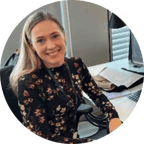
Education: Electronic systems design and innovation at NTNU, with specialization signal processing.
AMLC team: L-Zeta
Short description of the summer project: Predict and classify degradation in quality of subsea cables, using measurements of resistance in the insulation over time.
What do you actually do during these weeks for those that are not familiar with the concept?
For these six weeks, I have been working on trying to predict how a signal will behave in the future and, from this prediction, tell whether the cable will degrade or not. Together with my awesome team, I have tried many different approaches, both old and new, by programming in python. We have also gotten to know the company Aize and met a lot of talented people.
What is your background, and why is Aize an interesting place to intern for you specifically?
I have previously been working with more low-level applications and wanted to explore working on a bigger project where the stuff we make will be used! Data analysis and machine learning are a big part of the signal processing field and something that I find interesting. So, when I saw the job advertisement, a job solving an actual problem using machine learning, I just had to apply!
How has this camp given you a chance to apply knowledge from your education?
Since we have been working with time series, I have applied much of my university knowledge regarding digital signal processing. We have had a culture within the group that is very open-minded, where we are allowed to try new stuff even if we are not sure how good the results will be. Because of this, I have implemented things I only knew in theory and observed what does and does not work for our dataset. Many other topics, like how to deal with noise, transformations and programming in general, have been helpful.
What are some of your best memories of the camp?
My favourite thing in summer is enjoying the nice weather while playing volleyball; we have done this multiple times! But despite this, I think my best memory is the breaks and the lunches at the office. The people here are all so nice and knowledgeable, so every conversation is an opportunity to learn something new.
What is your best tip for good team collaboration?
My best tip is to be patient, listen and try to really understand other ideas. Since team members often have different backgrounds and vocabulary, misunderstandings will sometimes happen. But this can be an advantage if you spend time trying to understand each other. If you manage to communicate well, you can complement each other both with theory, creativity and solutions! I feel like my team managed to do this, which was a growing experience for me.
Another tip is to be open-minded while discussing ideas and not shut down an idea before it has been thoroughly reviewed.
What would you say to students thinking about joining the camp next year?Do not be scared to apply, even if you are just a little bit curious! You will learn a lot, have a lot of fun, and meet a bunch of amazing people!
What are your plans for the next months?
First, I will enjoy a little bit of holiday before returning to Trondheim to finish my master’s degree. Oh, how much I am going to enjoy my last year as a student in the best student town!
Tinus Furnes Alsos, 22 (returning for the second year in a row!)
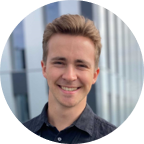
Education: 2nd year Engineering and ICT at NTNU
AMLC team: L-Kappa
What made you come back again this year?
First of all, I really enjoyed my last summer here, so going back, I knew I would have a blast. Secondly, Aize is in rapid development, so getting to experience how the company has evolved in the past year was enticing. Also, I was thrilled with last year's summer project and trusted that this year's project would be just as exciting. At the end of the summer camp, I can confidently say that this year's project surpassed my expectations – I've gotten to work with 3D technology, visualization, mathematics, programming and even deep neural networks!
What has been the most significant value/gain you've seen going back to your studies after the last camp?
After last year's AMLC, I was energized by experiencing how exciting it is to work in an innovative software company. This gave me a lot of motivation to buckle down and work hard on my studies. The hard skills I learned have, of course, been super helpful in several of the subjects I have taken, but even more important was developing soft skills and improving as a team player, which has become just as important to me as my studies!
Plans for the next months?
After the camp, I'll wrap up the summer with a cabin trip and lots of socializing with friends and family. With newly charged batteries, I'll go back to Trondheim to continue my studies and my involvement in the student union at Engineering & ICT!
Emma Botten, 22
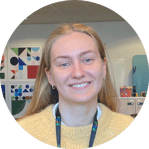
Education: 4th year in Applied Mathematics, specializing in statistics at NTNU
AMLC team: L-Kappa
Short description of the summer project:
We have used a deep learning model to classify every point in a point cloud. To train this model, we needed a lot of data; therefore, a lot of time was also spent simulating data.
What do you actually do during these weeks for those that are not familiar with the concept?
We have been working with 3-dimensional data from laser scanners, using both deep learning and iterative methods to analyse the space the data belongs to.
What is your background, and why is Aize an interesting place to intern for you specifically?
I have a pretty theoretical background in mathematics. At Aize, I got to work with a practical problem and see what obstacles and new realisations this brings. Aize also gave me the chance to work with new and exciting technologies.
How has this camp given you a chance to apply knowledge from your education?
AMLC has allowed me to utilise different techniques from various courses. This is great as I develop my ability to evaluate where to apply different techniques and analyse their performance.
AMLC has shown me the larger project process, from the very start to completion.
What are some of your best memories of the camp?
One of my best memories was having a very productive day with a running code, and the team was extremely upbeat and high energy. The day ended with all the summer interns gathering to watch our ping pong tournament finals. The weekly social activities have also made this summer very fun.
What is your best tip for good team collaboration?
Starting a new job and diving into a project makes it vital to get to know people quickly. This lowers the threshold for asking questions and making comments. Getting to know people is also very useful as one can plan how to best utilise the different strengths of the team, as we come from many different backgrounds. I think my team accomplished this through social events. This made our days at the office a fun experience, as well as building a strong team feeling and a desire for progress on the project.
What would you say to students thinking about joining the camp next year?
Do it! You will learn incredibly much while having a lot of fun, both at the office and outside.
What are your plans for the next months?
After AMLC, I have three weeks of vacation before I travel back to Trondheim to continue my studies.
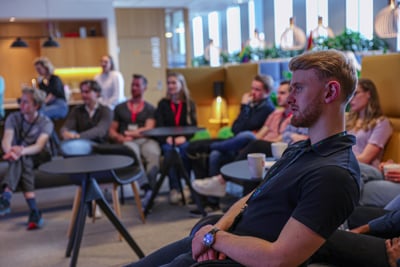
We thank all the brilliant students for brightening up our office this summer. With their enthusiasm and skill-sets, we’re sure that a bright future also lies ahead of these young professionals. It was a pleasure to have them with us, and we’re already looking forward to next summer’s camp!
Interested in joining our team?
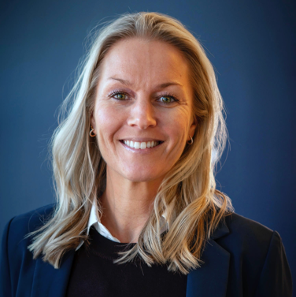
Post written by Trine Bratt Stølsnes
Trine is the Director and Head of Marketing at Aize, where she combines her passion for marketing strategy with the challenge of shaping how digital twin technology transforms the energy industry. With years of experience in B2B marketing, she is dedicated to driving meaningful change through effective marketing and communication.
Stay in the loop
I’d like to sign up to Aize newsletter

